Best movies like I Vicerè
From a novel that has been censored for over 100 years
A unique, carefully handpicked, selection of the best movies like I Vicerè Starring Alessandro Preziosi, Lando Buzzanca, Cristiana Capotondi, Guido Caprino, and more. If you liked I Vicerè then you may also like: Cellini: A Violent Life, We Believed, Nero, The Jester's Supper, The Fight for Rome and many more popular movies featured on this list. You can further filter the list even more or get a random selection from the list of similar movies, to make your selection even easier.
In late 19th-century Sicily, the noble Uzeda family—whose lineage dates back to the ancient viceroys that ruled those lands—fights to preserve its waning power in the face of the newly unified Italian regime.
I Vicerè
You may filter the list of movies on this page for a more refined, personalized selection of movies.
Still not sure what to watch click the recommend buttun below to get a movie recommendation selected from all the movies on this list
We Believed
1828. In the wake of the repression of revolutionary movements in Southern Italy, three young friends join Giuseppe Mazzini's republican and unificationist cause. Their idealism will clash with the inevitable disillusionment as they grow apart over the decades.
Nero
As a young boy, future emperor Nero witnesses the mad Emperor Caligula kill his father and exile his mother. While in exile in the pontine islands, Agrippina, his mother, sees a vision telling her that her son can become emperor, but she will have to die first. She accepts the proposal. Back in Rome, Nero, now being raised by emperor Claudius after Caligula's death, Agrippina returns. She poisons Claudius' food and Nero becomes emperor. At first, Nero cuts taxes and introduces successful programs and invades Brittania. Soon he meets a beautiful slave named Claudia Acte, and marries her, throwing off his engagement with Claudius' daughter, Claudia Octavia, telling her she can marry someone she will be happy with. Heartbroken, she arrives at an island and kills herself. Nero enjoys being married to Claudia Acte, but soon he gradually goes mad with power and sets fire to Rome.
The Jester's Supper
In Florence, at the time of Lorenzo de Medici, known also as Lorenzo the Magnificent, the aristocrat brothers Chiaramantesi rule with an iron fist the streets of the city. Ruthless and fierce, the two brothers have chosen as their special victim the innocent and harmless Giannetto. Even though determined to not react to the cruel pranks of the brothers, Giannetto is forced to take a stand when Ginevra, a beautiful girl that works in the Chiaramantesi household, is dragged into the game. To defend his honor and protect the girl, Giannetto works out a fiendish plot that will end in blood and madness.
The Fight for Rome
A Roman noble, Cethegus, tries to start a war, setting the Ostrogoths and their Queen, Amalasuntha, against the Byzantine Emperor Justinian; Cethegus wants to swoop in after they have destroyed each other and create a new Roman Empire from their combined kingdoms; however, he does not factor into his plans the vagaries of love and the personal integrity of the people in both kingdoms.
The Leopard
As Garibaldi's troops begin the unification of Italy in the 1860s, an aristocratic Sicilian family grudgingly adapts to the sweeping social changes undermining their way of life. Proud but pragmatic Prince Don Fabrizio Salina allows his war hero nephew, Tancredi, to marry Angelica, the beautiful daughter of gauche, bourgeois Don Calogero, in order to maintain the family's accustomed level of comfort and political clout.
The Sicilian
Egocentric bandit Salvatore Giuliano fights the Church, the Mafia, and the landed gentry while leading a populist movement for Sicilian independence.
The Prisoner of Zenda
An Englishman who resembles the king of a small European nation gets mixed up in palace intrigue when his look-alike is kidnapped.
I Am the Law
Palermo, Sicily, November 1925. Cesare Mori, the new prefect of the city, soon to be known as the Iron Prefect, begins a ruthless war against the Mafia, a sinister organization that has subjugated the island for centuries, something that the dictator Benito Mussolini and the fascist authorities can no longer allow.
Salvatore Giuliano
Sicilian bandit Salvatore Giuliano's bullet-riddled corpse is found facedown in a courtyard in Castelvetrano, a handgun and rifle by his side. Local and international press descend upon the scene, hoping to crack open the true story behind the death of this young man, who, at the age of twenty-seven, had already become Italy’s most wanted criminal and celebrated hero.
The Purple Sea
Nothing - not her father, not the church - can stop unruly Angela from being with her childhood best friend turned great love, Sara. Based on a true story, Viola di Mare, presents a uniquely engaging portrait of family, community and gender roles in a 19th century Italian village.
One Hundred Steps
Peppino Impastato is a quick-witted lad growing up in 1970s small-town Sicily. Despite living in a family with Mafia ties, one hundred steps away from the house of local boss Tano Badalamenti, Peppino denounces the whole Mafia system by using a small local radio station to broadcast his political pronouncements in the form of ironic humour.
My Body Will Bury You
1860, Kingdom of the Two Sicilies. While Garibaldi's troops are invading this lawless territory, four female bandits nicknamed the "Drudes" are looking for their own personal revenge.
Lucrèce Borgia
In the early 16th century, Italy is ruled by the powerful Borgia family, led by César Borgia and his sister Lucrèce. In a ruthless power play, César plots to have his sister’s husband murdered. But without her brother’s knowledge, Lucrèce has taken a strong lover who will challenge the Borgias.
Kidnapped
The story of Edgardo Mortara, a young Jewish boy living in Bologna, Italy, who in 1858, after being secretly baptized, was forcibly taken from his family to be raised as a Christian. His parents’ struggle to free their son became part of a larger political battle that pitted the papacy against forces of democracy and Italian unification.
'o Re
One of the key factors in Italian unification was the overthrow in 1860 of Francesco, the King of Naples and the two Sicilies, who went into elegant but impoverished exile in Rome with his Queen, Maria Sofia. This seriocomic drama follows the deposed royals as they adapt to their new lives. The former king has recognized the political finality of his deposition, but his queen has taken to traveling in men's clothing all over Italy trying to foment an uprising to restore them to the throne. She is also frantic to have a baby, an heir, but the king has become celibate as a kind of homage to his beloved mother; he spends all his time lobbying the Vatican to get her declared a saint.
The Bandit of Tacca del Lupo
In 19th century southern Italy (near Melfi, Basilicata), a small force of soldiers fight in the hills against the bandits who are holding their country to ransom.
It's Happening Tomorrow
1848, Tuscan countryside. Edo and Lupo are two peasants running away after having robbed their boss. Chased by mercenaries, they'll meet bandits, damsels in distress, eccentric nobles, and revolutionaries along the way.
Caligula with Mary Beard
What is true and what is false in the hideous stories spread about the controversial figure of the Roman emperor Gaius Julius Caesar Augustus Germanicus (12-41), nicknamed Caligula? Professor Mary Beard explains what is accurate and what is mythical in the historical accounts that portray him as an unbalanced despot. Was he a sadistic tyrant, as Roman historians have told, or perhaps the truth about him was manipulated because of political interests?
Palazzo Vecchio
Palazzo Vecchio: a history of art and power. Directed by Piero Messina, through a clever movement of the narration between past and present, makes a real journey into the beauty of an ancient place that still retains its undisputed charm. (IMDB)
The First King
Romulus and Remus, two shepherds and loyal brothers, end up taking part to a journey that will lead one of them to be the founder of the greatest nation ever seen. However, the fate of the chosen one will pass from killing his own brother.
St. Michael Had a Rooster
Sentenced to life imprisonment for illegal activities, Italian International member Giulio Manieri holds on to his political ideals while struggling against madness in the loneliness of his prison cell.
Siege of Syracuse
Syracuse lies between the warring nations of Rome and Carthage; as long as the balance of power between the nations remains intact, both nations are willing to preserve the neutrality of Syracuse. However, Rome has now gotten the upper hand in its struggle for power. The fate of Syracuse lies in the hands of its leader, the famed inventor and scientist Archimedes.
From the Clouds to the Resistance
'Dalla nube alla resistenza (From the Cloud to the Resistance ) (1978), based on two works by Cesare Pavese, falls into the category of History Lessons and Too Early, Too Late as well. It, too, has two parts—a twentieth-century text and a text regarding the myths of antiquity, each set in the appropriate landscape. Pavese's The Moon and the Bonfires looks back on the violent deaths of Italian anti-Fascist resistance fighters; Dialogues with Leucò is a series of dialogues between heroes and gods, connecting myth and history and returning to an ambiguous stage in the creation of distinctions, such as that between animal and human, which are fundamental to grammar and language itself. Such a juxtaposition of political engagement with profoundly contemplative issues such as myth, nature, and meaning points to the characters of Empedocles and Antigone in the Hölderlin films.' (From "Landscapes of resistance. The German Films of Danièle Huillet and Jean-Marie Straub" by Barton Byg)
The Assassination of Matteotti
How the Italian Fascist Party managed to turn the physical elimination of a political enemy into a test of strength fundamental for the ascent into the totalitarian regime.
Piccolo mondo antico
Franco, a young man of noble descent, marries Luisa, daughter of a humble clerk, against his grandmother's will.
1860
The story is the harried attempt of a Sicilian partisan, as part of the risorgimento, to reach Garibaldi's headquarters in Northern Italy, and to petition the revered revolutionary to rescue part of his besieged land. Along the way, the peasant hero encounters many colorful Italians, differing in class and age, and holding political opinions of every type. There is a key train scene, and the film ends on the battlefield, Italian unification a success, despite brutal losses.
National Theatre Live: The Madness of George III
It’s 1786 and King George III is the most powerful man in the world. But his behaviour is becoming increasingly erratic as he succumbs to fits of lunacy. With the King’s mind unravelling at a dramatic pace, ambitious politicians and the scheming Prince of Wales threaten to undermine the power of the Crown, and expose the fine line between a King and a man.
Simon Boccanegra
Coming just before the mature final works, Verdi's Simon Boccanegra - along with Un Ballo in Maschera, Les Vêpres Siciliennes, La Forza del Destino and Don Carlos - occupy a strange but fascinating hinterland in the career of the composer. Each of the operas, influenced by Verdi's political involvement in the Risorgimento for the reunification of Italy during the period, are very much concerned with the exercise of power, but they all rely on typically operatic conventions of bel canto and French Grand Opéra in their use of personal tragedies and unlikely twists of fate to highlight the human feelings and weaknesses that lie behind their historical dramas. Written in 1859, but revised by the composer in 1881, Piave's libretto given an uncredited reworking by Arrigo Boito, Simon Boccanegra is consequently one of the more interesting works from this period, certainly from a musical standpoint. Live from Teatro all Scala, Milan 2010.
Difficult Years
Aldo Piscitello, a minor government clerk, is forced in 1934 to join the Fascist party. When the war comes, he finds himself able only to talk ineffectually in secret against Mussolini, even as his own son Giovanni is sent into battle. By the end of the war, Aldo has found the courage to stand up for his beliefs, but by then it is too late.
La mossa del cavallo
Montelusa, Sicily, Italy, 1877. Giovanni Bovara, the new chief inspector of the mills, is charged with collecting a severe tax. Sicilian by birth, but Ligurian by adoption, he reasons and speaks as a man of northern Italy and does not understand the dynamics of the law of silence that regulate the Sicilian land, so his intransigence immediately gives him several enemies…
La stagione della caccia
Vigàta, Sicily, Italy, 1880. Shortly after the return to the village of Fofò La Matina, pharmacist and son of the late Santo La Matina, jealous guardian of the secrets of certain miraculous plants, the noble Peluso family is ravaged by a series of mysterious deaths…


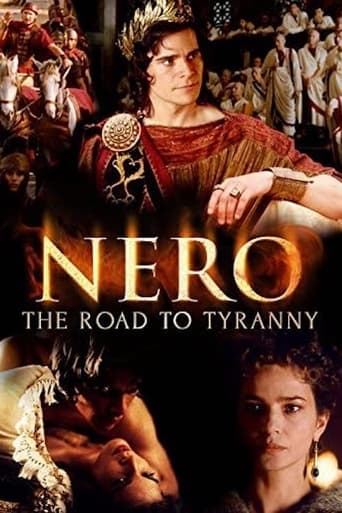



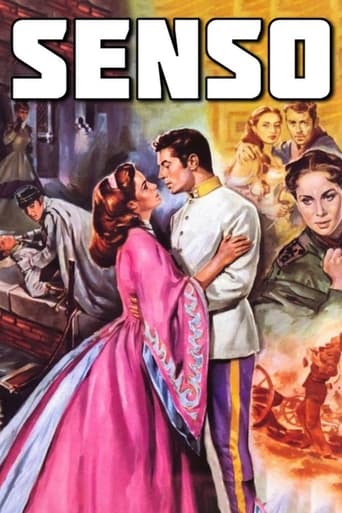
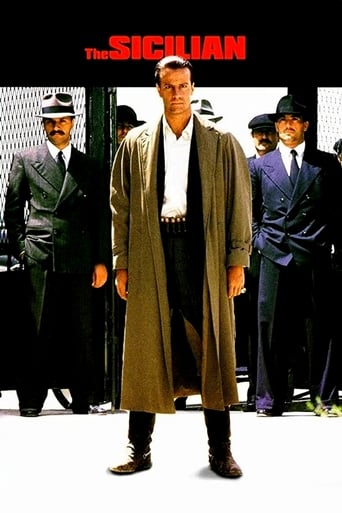

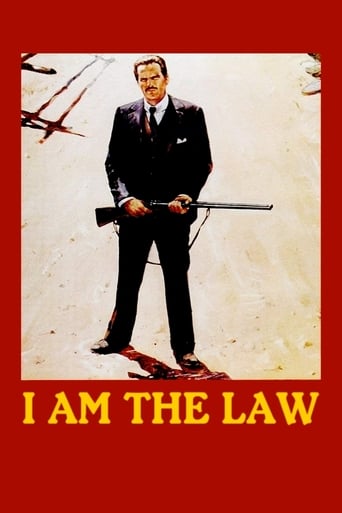




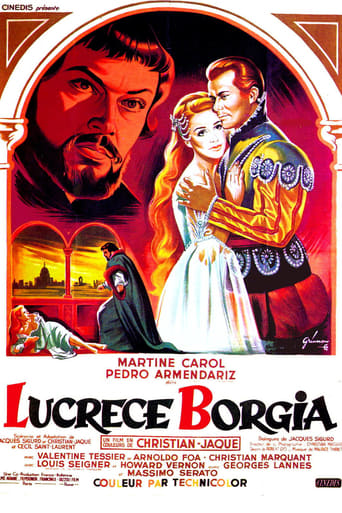




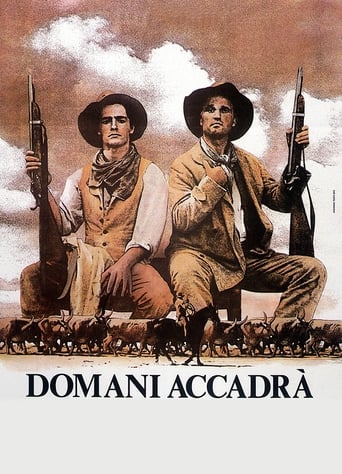










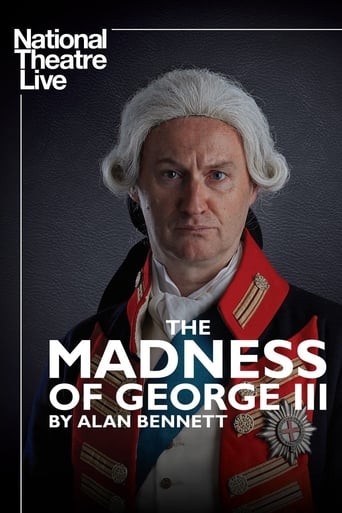

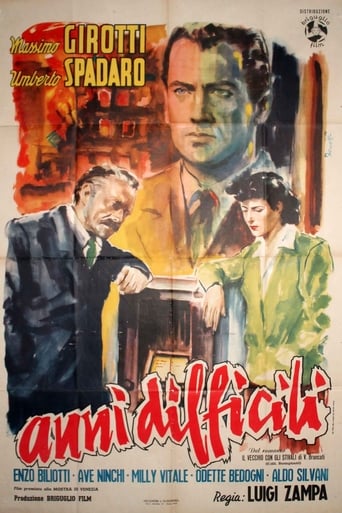



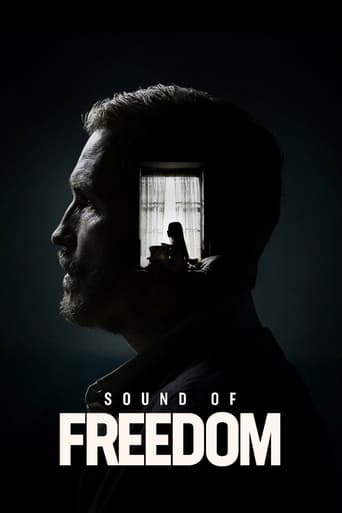

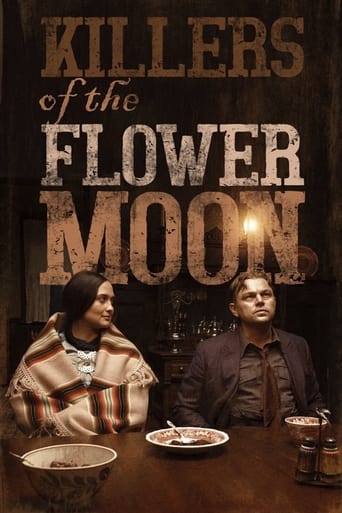
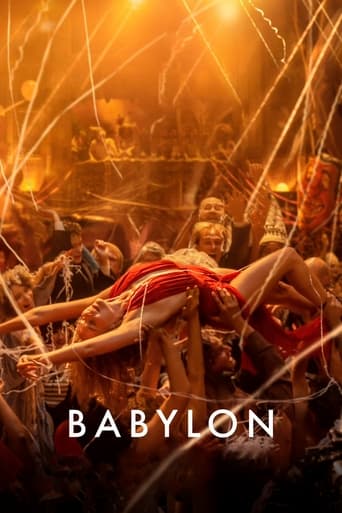
Cellini: A Violent Life
The story of Benvenuto Cellinin (1500-1571), a soldier and one of the most important craftsmen and artists of Renaissance Italy whose life was marked by many achievements and adventures, but also crimes. There is also the mini-series version consisted of three 90 minutes episodes, broadcasted by RaiDue.